Laboratorium Metalurgi merupakan satu dari tujuh laboratorium yang terdapat di Departemen TEKNIK MESIN (DTM), Fakultas Teknologi Industri dan Rekayasa Sistem (FTIRS), Institut Teknologi Sepuluh Nopember (ITS). Laboratorium Metalurgi mempunyai fungsi sebagai wadah koordinasi untuk melakukan Tridharma Perguruan Tinggi yang meliputi Pendidikan & Pengajaran, Penelitian, dan Pengabdian pada masyarakat. Dalam laboratorium Metalurgi terdapat Dosen (pengajar, peneliti, praktisi industri), Tenaga Kependidikan (Tendik), dan Mahasiswa baik Sarjana maupun Pasca Sarjana yang saling berkolaborasi dalam menghasilkan karya bersama. Karya tersebut bisa berupa Tugas Akhir/Tesis/Disertasi, Publikasi Ilmiah, Teknologi Tepat Guna, Inovasi Teknologi, maupun solusi terhadap permasalahan engineering di industri.
Lab. Menu
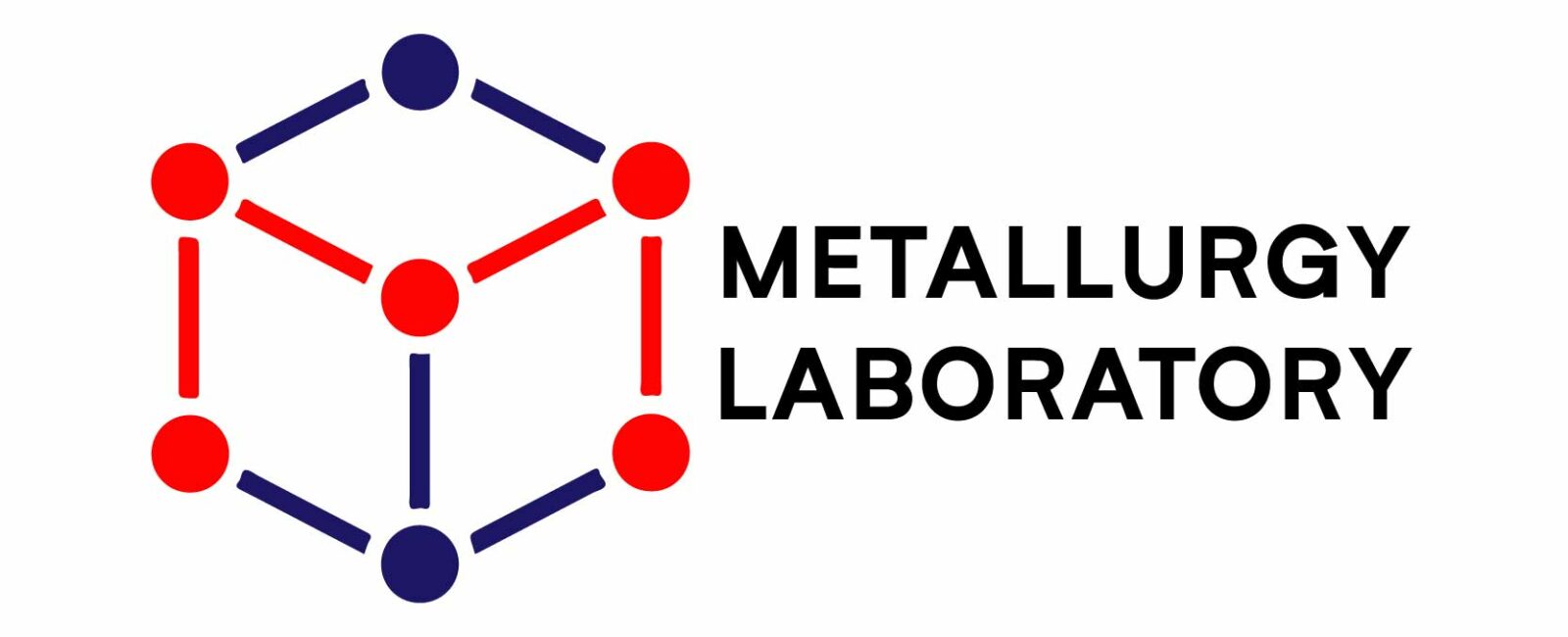
Visi Misi & Nilai
Menjadi laboratorium yang terpercaya dan diakui oleh masyarakat, yang menghasilkan personil yang berkualitas, menguasai teori dan terampil di bidang Teknik Mesin khususnya Metalurgi, serta berwatak mulia yang mampu bersaing di tingkat nasional dan di tingkat internasional.
Misi Laboratorium Metalurgi mencakup aspek Pendidikan dan Pengajaran, Penelitian, dan
Pengabdian Kepada Masyarakat (Tridharma Perguruan Tinggi) yaitu:
- Menyelenggarakan pendidikan dan pengajaran di bidang Teknik Mesin dan Metalurgi.
- Menyelenggarakan penelitian yang dapat memberikan kontribusi pada perkembangan ilmu pengetahuan dan teknologi yang dilaksanakan dalam bentuk monodisiplin maupun multidisiplin.
- Menyelenggarakan kegiatan pengabdian kepada masyarakat yang bermanfaat bagi kesejahteraan masyarakat.
- Meningkatkan hubungan yang baik dengan dunia Industri agar tercipta link and match yang berkesinambungan melalui layanan jasa konsultasi dalam mengindentifikasi dan menganalisis permasalahan engineering untuk menghasilkan alternatif solusi yang teruji.
- Berperan aktif dalam pengembangan ilmu pengetahuan dan teknologi yang berkualitas yang berbasis Metalurgi di bidang Teknik Mesin.
- Mengembangkan jejaring dalam penelitian berbasis Teknik Mesin dan Metalurgi dengan mitra industri, lembaga penelitian, perguruan tinggi nasional atau internasional.
- Menghasilkan penelitian ilmiah terkini pada bidang Teknik Mesin dan Metalurgi, yang mengarah pada ekplorasi pengetahuan dan perspektif baru tentang Teknik Mesin dan Metalurgi material.
Nilai-nilai yang ingin ditanamkan oleh Laboratorium Metalurgi adalah:
- Etika dan Integritas (Ethics and Integrity); dalam kehidupan bermasyarakat, bernegara, maupun menjalankan profesinya, selalu berpegang teguh pada norma dan peraturan yang berlaku di masyarakat, negara, dan agama.
- Kreativitas dan Inovasi (Creativity and Innovation); selalu mencari ide-ide baru untuk menghasilkan inovasi dalam menjalankan tugas/perannya dengan lebih baik.
- Ekselensi (Excellence); berusaha secara maksimal untuk mencapai hasil yang sempurna.
- Kepemimpinan yang kuat (Strong Leadership); menunjukkan perilaku yang visioner, kreatif, inovatif, pekerja keras, berani melakukan perubahan-perubahan ke arah yang lebih baik, dan bertanggung jawab.
- Sinergi (Synergy); bekerja sama untuk dapat memanfaatkan semaksimal mungkin potensi yang dimiliki.
- Kebersamaan Sosial dan Tanggung Jawab Sosial (Socio-cohesiveness and
Social Responsibility); menjaga kerukunan dan peduli terhadap masyarakat sekitar.
Penelitian
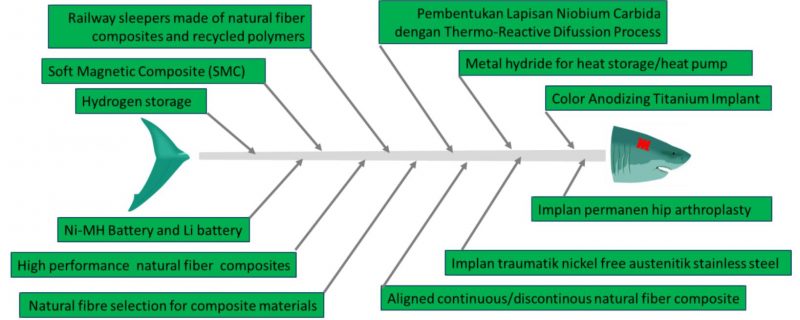
Soft magnetic composites (SMCs), which are used in electromagnetic applications, can be described as ferromagnetic powder particles surrounded by an electrical insulating film. SMC components are normally manufactured by conventional PM compaction combined with new techniques, such as two step compaction, warm compaction, multi-step and magnetic annealing followed by a heat treatment at relatively low temperature. These composite materials offer several advantages over traditional laminated steel cores in most applications. The unique properties include three-dimensional (3D) isotropic ferromagnetic behavior, very low eddy current loss, relatively low total core loss at medium and high frequencies, possibilities for improved thermal characteristics, flexible machine design and assembly and a prospect for greatly reduced weight and production costs. With expanded applications of soft magnetic composite materials expected in the future, a review of the magnetic properties, characteristics, processing and applications of SMCs is presented in this article.
Anggota
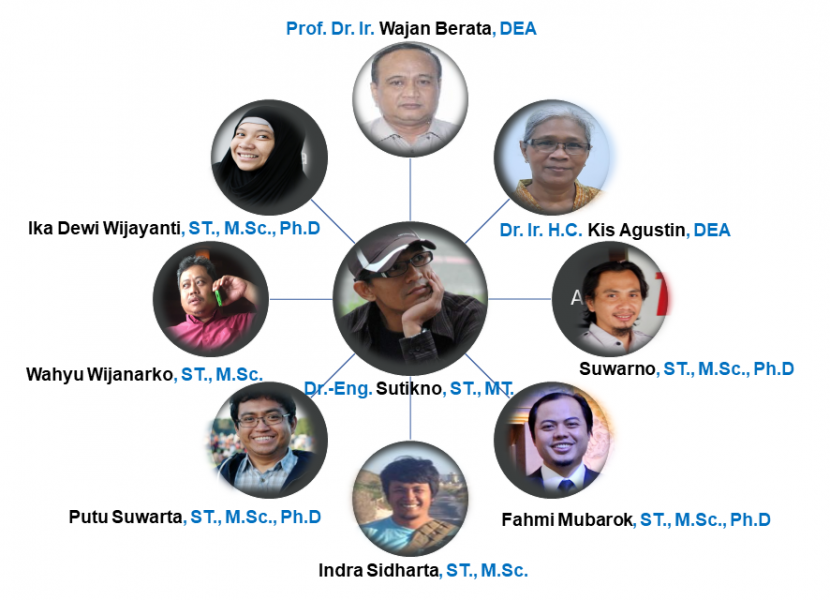
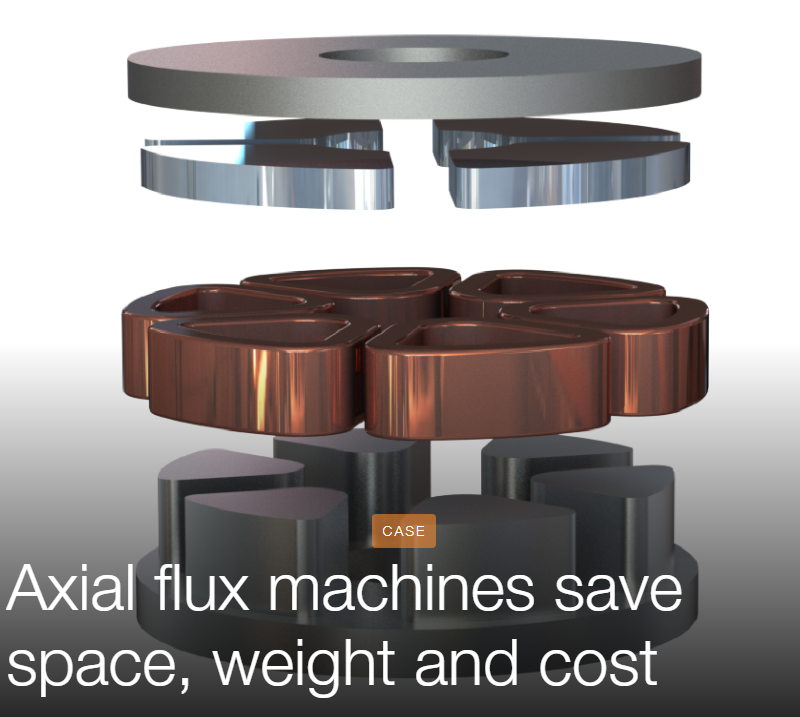
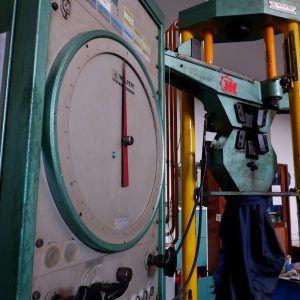
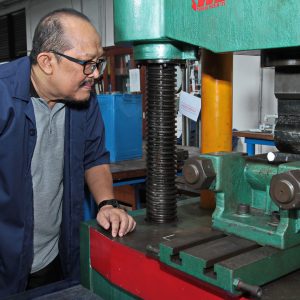
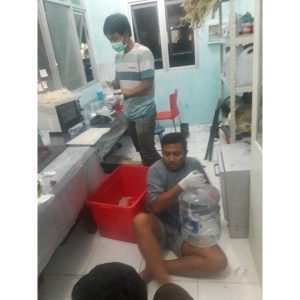
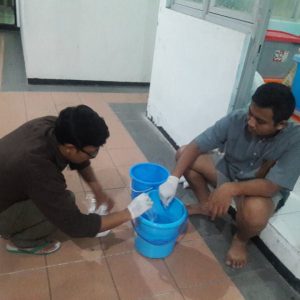
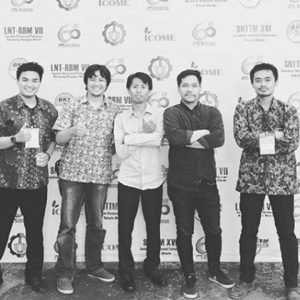
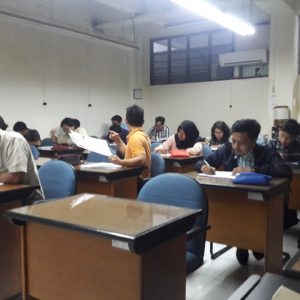
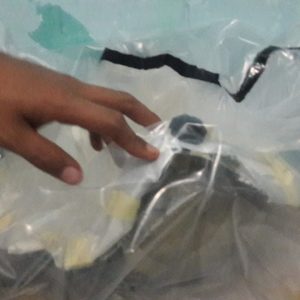
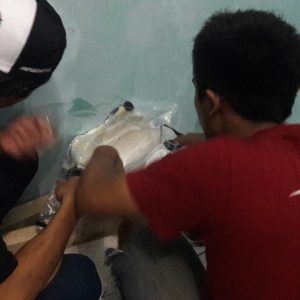
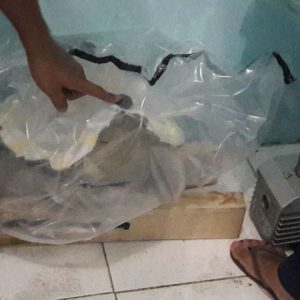
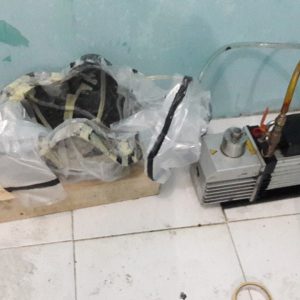
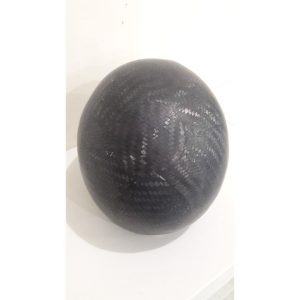
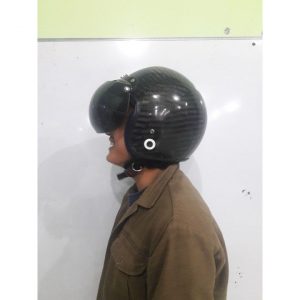
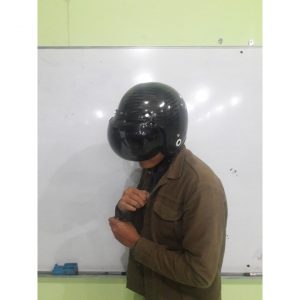
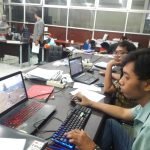
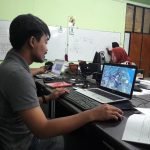
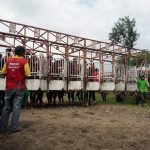



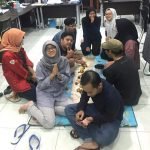
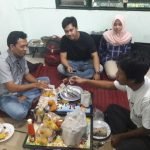


 Need help?
Need help?